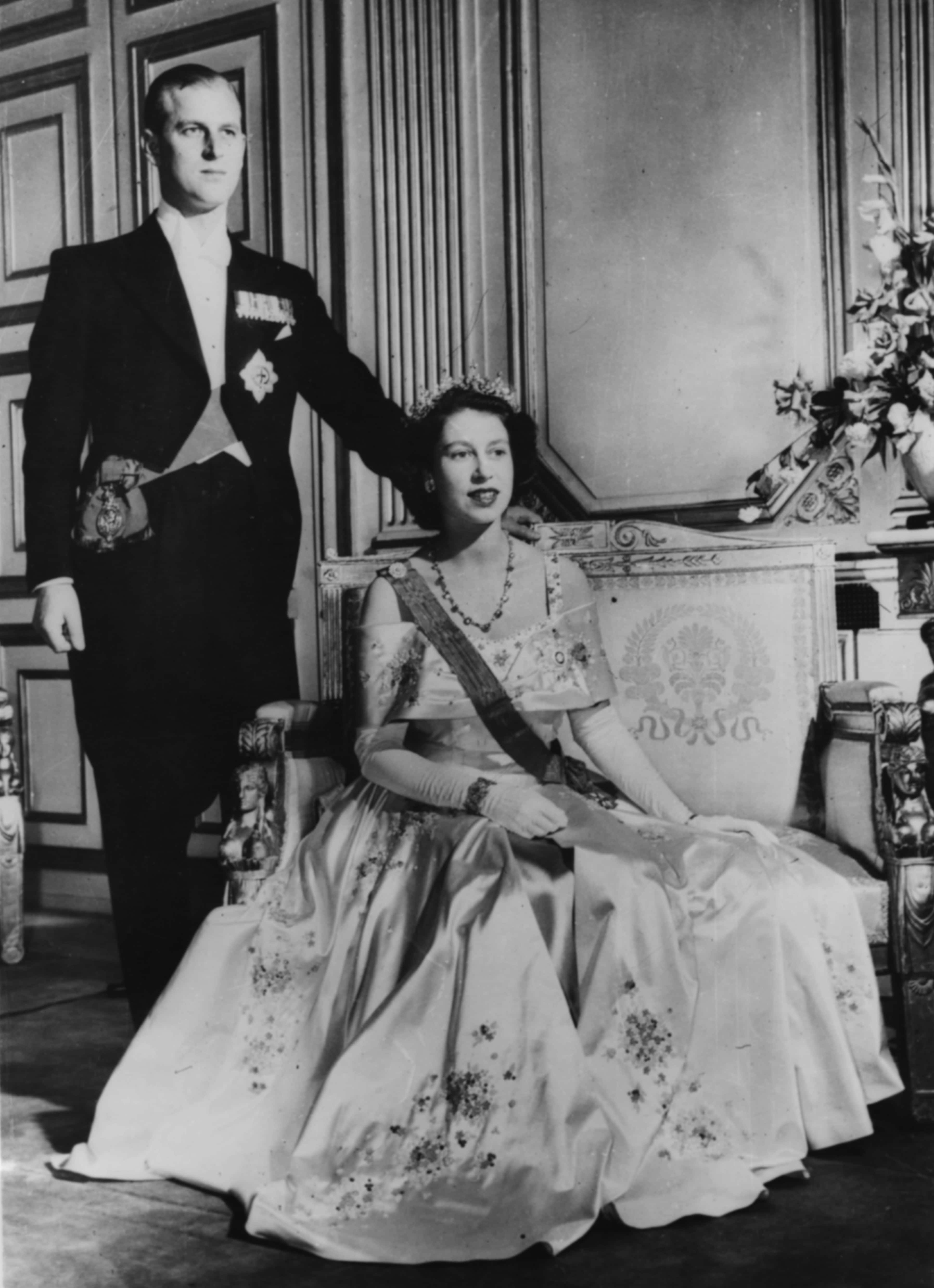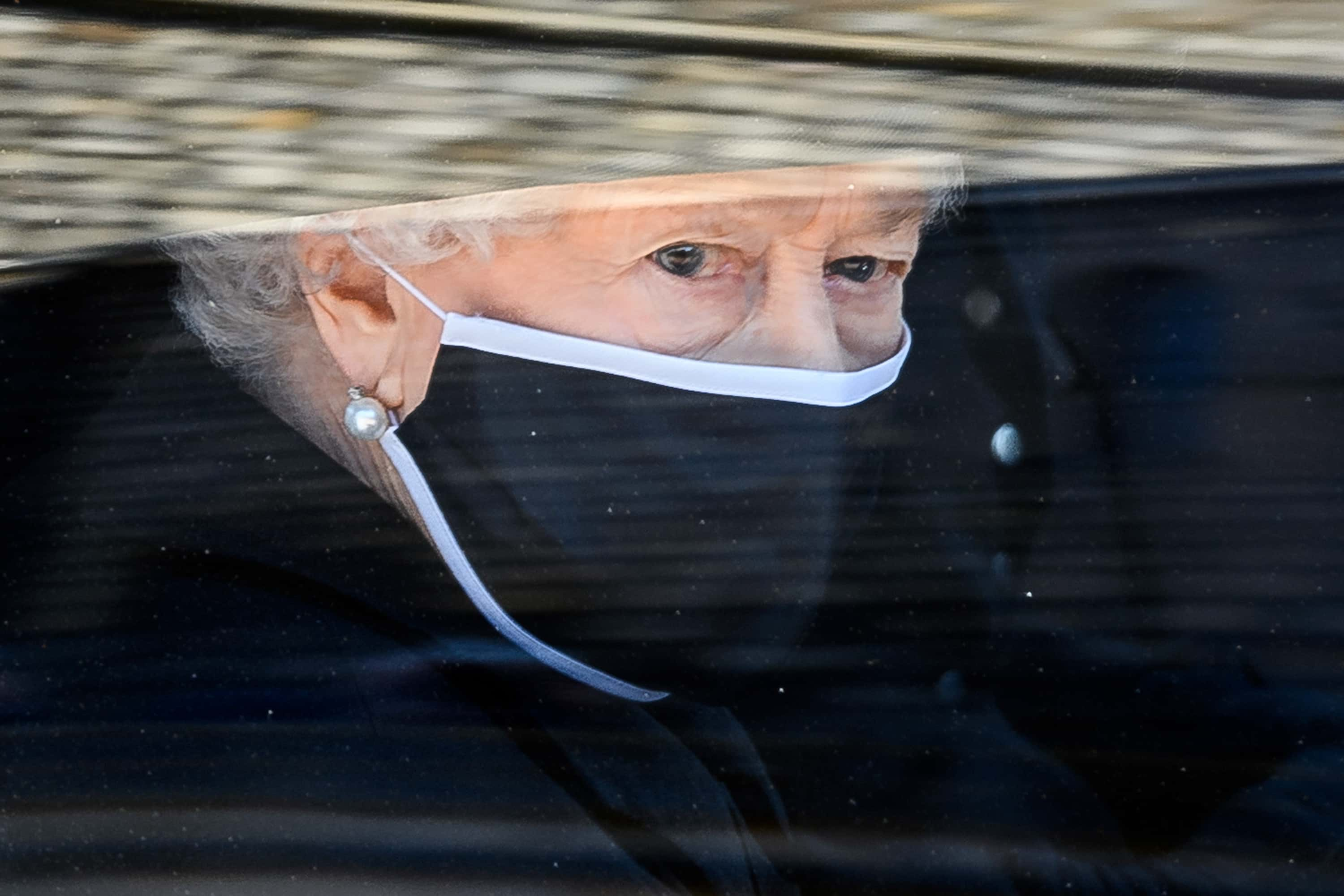Aberdeenshire, Scotland: The death of Queen Elizabeth on Thursday 8 September left all Britain in mourning. She served as Queen of the Nation for more than 70 years and was the only monarch that millions of people have known. While the hearts of many were broken, there are those to suggest that this phenomenon may have contributed to the Queen’s death.
In 2021, the Queen lost her husband Prince Philip after 73 years of marriage. The Daily Mail reports that the anguish caused by Prince Philip’s death may have contributed to the Queen’s own death, according to a doctor. The Queen is photographed mourning her husband wearing a black mask at St George’s Chapel in Windsor Castle on April 17, 2021, which has now become a powerful and prominent symbol of the annihilation wrought by the Covid pandemic. The picture was also a reminder of the unimaginable pain and suffering that she had to go through after the death of her beloved husband.
See more information
‘It feels like we’ve lost a friend’: Julie Andrews pays tribute to Queen Elizabeth II
‘She’s with the Prince now’: Kardashian pays tribute to Queen Elizabeth II
While many people think of a broken heart as a pictorial condition, in reality it is a well-known and recognized condition; One is known as stress-induced cardiomyopathy. The condition is also known as broken heart syndrome. This is the condition that Dr. Depp Cohen-Jones says she may have played a role in the Queen’s death. Dr. “There’s no hard science around it,” Cohen-Jones said. “But it’s certainly a remarkable phenomenon. It’s more about losing your ‘will’ than it is in some ways about your health.”

On how this applied to the Queen, Cohen-Jones explained: “From a physiological point of view, losing Prince Philip would have resulted in severe stress, causing her cortisol levels to rise and leaving her body to deal with it.” Cortisol is the hormone produced by the body when stressed. In large quantities, it can cause harm to the body and increase the risk of developing a number of conditions. Stress is not just a psychological threat, it is a physiological one.

Nikki Stump, a heart surgeon, told ABC that the stress of losing your husband or wife can cause a “chain reaction” that can contribute to death. “What we do know is that for some people, the stress of losing a loved one, or any stressful event in their life, triggers a lot of reactions in the physical body and mind that can cause illness and sometimes even cause illness,” she said. “It is definitely something we are discovering more and more recently. .”

On how the grief affected the King, 11-year-old Paul Burrell, his former aide, said: ‘She misses him dearly and is waiting for her at St George’s Chapel in Windsor and she will be by his side. Very soon. She will go to the other side and meet her parents and sister. There are people on the other side. more than here “.


“Wannabe internet buff. Future teen idol. Hardcore zombie guru. Gamer. Avid creator. Entrepreneur. Bacon ninja.”

